How artificial intelligence is changing the world | Have you noticed how some things just seem smarter these days?
Your phone unlocks when it sees your face. Netflix somehow knows exactly what show you’ll binge next. Your email filters out spam before you even see it. That’s not magic that’s AI quietly reshaping our world. The truth is that how artificial intelligence is changing the world isn’t about futuristic robots anymore. It’s about what’s already happening in our homes, hospitals, schools, and jobs.
So, Let’s Get Started
No 1. It’s Making Daily Life Smoother
You might not realize it, but AI is already part of your routine.
Your smart speaker plays your favorite playlist when you say, “good morning.” Your food delivery app suggests what you’re probably craving. Even your spam filter and autocorrect? Yep, AI.
It’s working behind the scenes helping your devices learn your preferences and make life just a little easier.
Present Moment: Ever noticed how Google Maps reroutes you before traffic even starts? That’s AI predicting congestion using real-time data. It’s like having a virtual co-pilot.
Sure, it’s small stuff but over time, these small things add up. AI takes the guesswork out of everyday decisions. It learns from how you use tech, which makes your experience feel more personal.
And the best part? You don’t have to do anything. AI just works quietly helping you live more efficiently.
No 2. It’s Helping Doctors Help Us Faster
AI isn’t replacing doctors it’s becoming their super-assistant.
Today, AI is helping detect early signs of diseases like cancer, reading X-rays in seconds, and even helping with surgeries by guiding robotic tools. It’s turning guesswork into precision.
Example: In some hospitals, AI is used to spot early signs of breast cancer with greater accuracy than traditional methods giving doctors a head start in saving lives.
It also helps with hospital management. AI can predict patient needs, flag critical cases sooner, and reduce wait times. And during COVID-19, AI helped researchers understand virus patterns and speed up vaccine development.
That’s huge.
AI in healthcare isn’t about removing the human touch it’s about freeing up doctors to be more human by handling data, diagnostics, and admin work behind the scenes.
No 3. It’s Changing the Way We Work
Let’s be real: when people hear “AI and jobs,” they often panic.
But here’s the thing AI isn’t just taking jobs; it’s creating them too. It’s changing how we work, yes, but also opening up roles that didn’t exist a few years ago like AI trainers, data curators, and prompt engineers (hello, ChatGPT).
In the workplace, AI is helping with customer support, sorting resumes, writing reports, scheduling meetings all those repetitive tasks we usually dread.
Quick example: Many companies now use AI to summarize long reports in seconds something that used to take hours.
Instead of replacing you, AI can amplify your efforts letting you focus on the creative, human parts of your job.
The key? Stay adaptable. Learn how to work with AI, not against it.
No 4. It’s Making Learning More Personal
Remember sitting in class, not understanding a thing and the teacher just kept going?
AI is trying to fix that.
Apps and platforms now use artificial intelligence to tailor lessons to how you learn. They slow down when you’re stuck, repeat things when needed, and even reward you when you’re doing well.
Example: Duolingo uses AI to figure out which words you’re struggling with then gives you extra practice, like a helpful tutor who’s always paying attention.
This kind of personalization is changing education. AI tutors are helping kids in remote areas get access to quality learning. Teachers use AI tools to spot which students need help early before they fall behind.
It’s not about replacing teachers. It’s about giving them better tools and giving students more chances to succeed.
No 5. It’s Forcing Us to Ask Big, Important Questions
Here’s where things get serious.
As AI becomes more powerful, it’s also raising questions we have to answer:
Who’s responsible when AI makes a mistake?
Can AI be biased or unfair?
Are we okay with machines making life altering decisions?
Example: Facial recognition software has been shown to misidentify people of color more often and that has real consequences, especially in law enforcement.
These aren’t easy questions. But they’re necessary. If we want AI to help us, we have to build it responsibly. That means transparency, fairness, and ethics need to be part of the conversation not afterthoughts.
You don’t have to be a tech expert to care about this. Just being aware asking questions, holding companies accountable makes a difference.
Conclusion: Artificial Intelligence Is Changing the World
AI isn’t just coming it’s here. And it’s not all scary robots and job losses. It’s smarter emails, better healthcare, faster learning, and yes, a few tough conversations.
How artificial intelligence is changing the world is both exciting and challenging. It’s making life more convenient, but also more complex. And that’s okay.
Here’s what matters most: we’re still in control of how we use it.
The best thing you can do right now? Stay curious. Pay attention. Try new tools. Talk about what you learn. Ask questions when things don’t feel right.
AI is just a tool. What we build with it that’s up to us.
Drop a comment below, share this post with your friends.
FAQs: Ethical Concerns About AI
1. Is AI dangerous?
Not in the way movies show it. Most AI today does specific tasks like filtering spam or suggesting songs. The real danger is misuse or lack of regulation. So, we need smart rules and ethical boundaries to make AI safe.
2. Will AI replace my job?
Maybe some tasks but not you. AI works best with humans, not instead of them. In fact, many industries are seeing new roles pop up that didn’t even exist 5 years ago. Learn AI tools, stay flexible and you’ll be just fine.
3. How can I start using AI in daily life?
You probably already are! Smart assistants, chatbots, recommendation apps all use AI. To explore more, try AI tools for writing, photo editing, or even budgeting. Many are free and super easy to use

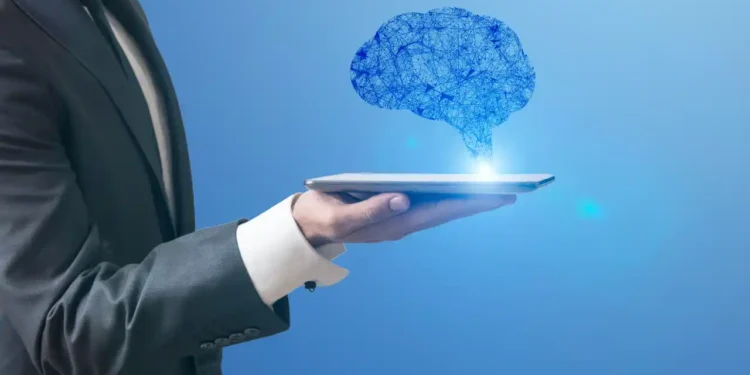
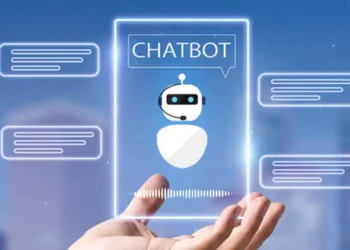
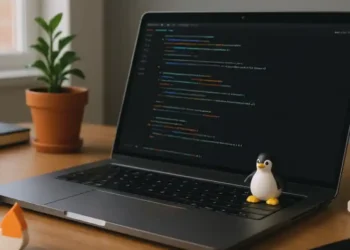
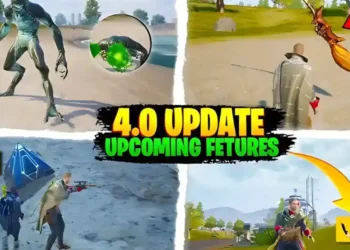
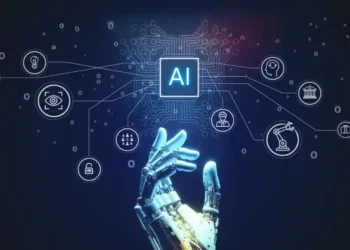
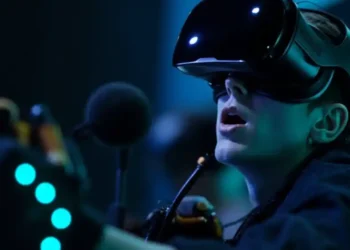
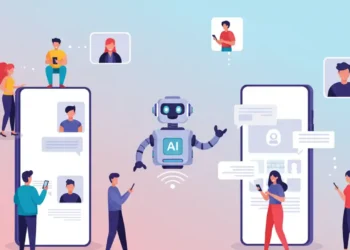






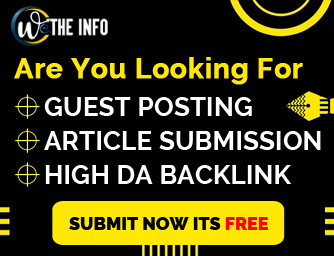

Discussion about this post